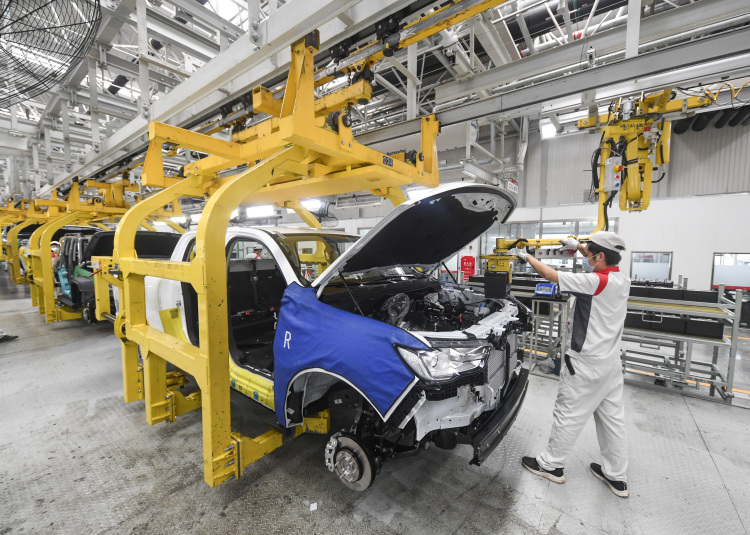Policies boost confidence of global firms


"These policies will motivate more global companies to invest in the country," said Zhou Mi, a researcher at the Chinese Academy of International Trade and Economic Cooperation in Beijing.
Willie Tan, chief executive officer (China, South Korea and Southeast Asia) of Skechers, an athletic footwear and apparel company based in the United States, said as China's top leadership had sent a strong message that spurring domestic demand will be a major task of the government in 2023, Skechers will raise the number of its stores across China from around 3,000 this year to up to 6,000 in 2026.
With its high resilience and potential, the Chinese economy will help boost the confidence of a world facing challenges and the country will continue to play an irreplaceable role in global industrial and supply chains, Tan said.
Eager to seize more market share, Amcor Plc, a packaging solutions provider headquartered in Zurich, Switzerland, opened a new plant in Huizhou, Guangdong province, last week with an investment of nearly $100 million. The factory is the largest flexible packaging plant in terms of production capacity in China, according to Amcor.
"This investment is testament to our commitment to grow with our customers in China and throughout the Asia-Pacific region," said She Xin, vice-president and general manager of Amcor China.
Zhou, from CAITEC, said that increasing investment by multinational companies could render better support for the flow and optimization of production factors, as well as bolster both regional and global trade.
Wilo Group, a German pump system provider, plans to put a new plant into operation in Changzhou, Jiangsu province, next year.
"Once it is operational, our products will supply the Chinese market and be exported to other emerging markets," said Lyman Tu, Wilo's vice-president for China and Southeast Asia.
A stable, transparent and predictable environment certainly can enable the Chinese market to play a better role, and create fresh opportunities for the world, said Jiang Xiaojuan, chairwoman of the Beijing-based Chinese Public Administration Society.
Conducting institutional opening-up shows that China's commitment to trade liberalization and facilitation is a long-term solution, Jiang said.



































